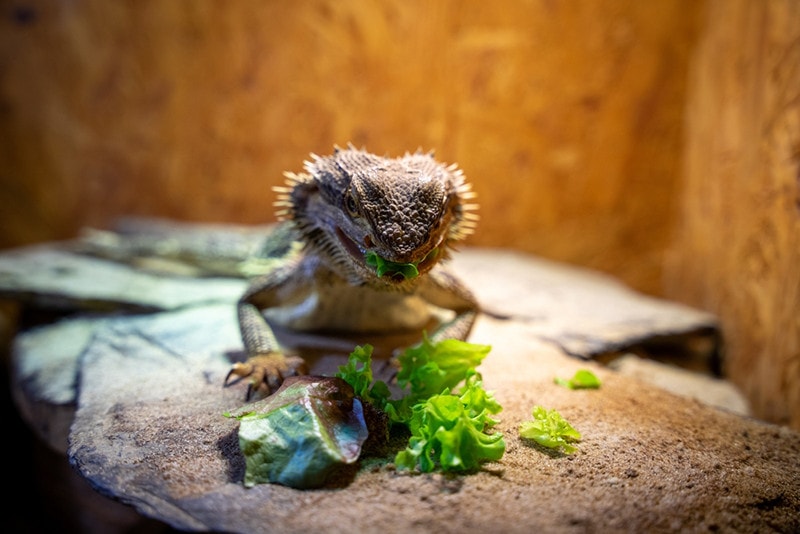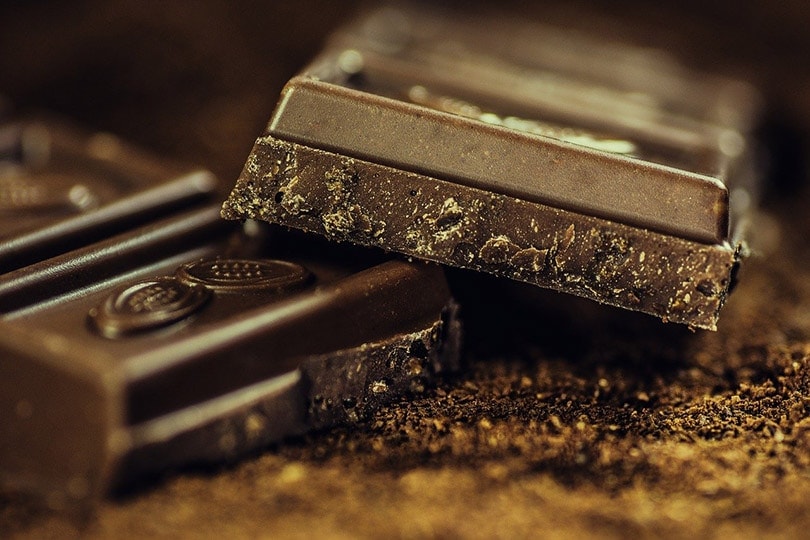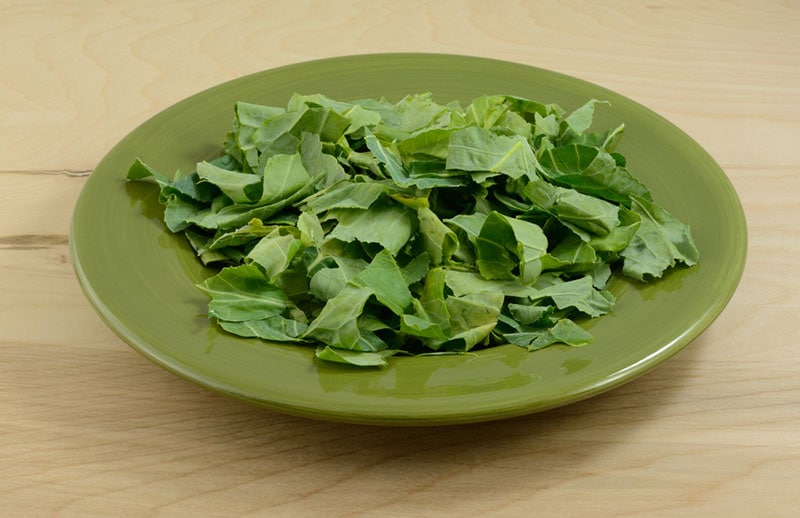Can Bearded Dragons Eat Peanut Butter? Vet Approved Facts & Safety Guide
Updated on

Click to Skip Ahead
As a caretaker for a bearded dragon, the question might often arise: can my bearded dragon partake in the delights of peanut butter? The answer is no, bearded dragons shouldn’t eat peanut butter. Although it is not known to be toxic for them, it just isn’t good for them, and at the end of the day, we only want to give them the best.
Let’s have a closer look at why we should keep the peanut butter safe on our toast, and out of our bearded dragon’s dish.
Why Peanut Butter Isn’t a Good Choice
Peanut butter, a treasured staple in our human culinary world, unfortunately, doesn’t match the nutritional criteria of our bearded dragon buddies. Bearded dragons are omnivores, with a diet that should have a healthy mix of fresh leafy green vegetables, and delicious live insects. When we are designing a menu for an exotic pet, we need to provide them with foods that mimic their natural diet as much as possible. For a bearded dragon in the wild, this would include a huge variety of insects, invertebrates, the odd small mammal or amphibian, leaves, stems, flowers, and seeds.
Although they would probably enjoy a piece of peanut butter on toast if they found some, it is not something their digestive systems have evolved to deal with. Peanut butter is high in fats, which can lead to obesity and other health complications in bearded dragons. The metabolism of bearded dragons is not equipped to handle high-fat foods, particularly ones that are not native to their natural, wild diet.
In addition to these points, the consistency of peanut butter poses a problem. Bearded dragons have a different swallowing mechanism than mammals, and the sticky, thick consistency of peanut butter can potentially cause choking. Moreover, peanut butter can stick to their teeth and gums, causing discomfort and potential dental problems.

Health Implications of Feeding Peanut Butter to Bearded Dragons
Feeding peanut butter to your bearded dragon can have several negative health implications. A diet high in fats, such as the one found in peanut butter, can lead to obesity in bearded dragons. Obesity can, in turn, cause a host of other health problems, including heart disease and fatty liver disease.
Furthermore, the high levels of phosphorus found in peanut butter can disturb the delicate calcium-to-phosphorus ratio required by bearded dragons. The imbalance can lead to a condition called metabolic bone disease, a serious condition causing softening and deformity of the bones.
Additionally, peanut butter, being a processed food, may contain additives and preservatives that are harmful to bearded dragons. Even trace amounts of these chemicals can cause adverse reactions in these small reptiles, such as digestive issues and skin problems.
Pet beardies are also prone to developing dental disease, so coating their mouths with something sticky and sweet would not be a good idea.
Alternatives to Peanut Butter for Bearded Dragons
While peanut butter is not suitable for bearded dragons, there are many other food options that provide them with the nutrients they need. Variety is key in a bearded dragon’s diet. Insects such as crickets, mealworms, and roaches are their main source of protein and should make up a significant portion of their diet. Additionally, fruits and vegetables should be offered regularly, with commercial pellets and supplements a good way of ensuring they are receiving everything they need.
Vegetables that are abundant in green foliage such as collard greens, dandelion leaves, and mustard greens make superb choices for your bearded dragon’s diet. These leafy greens come packed with high calcium content and possess low levels of phosphorus, thereby serving as an advantageous source for the promotion of bone health.
Fruits such as apples, pears, and berries can be fed in moderation as a treat. They provide essential vitamins and are usually well-liked by bearded dragons. However, remember to remove any seeds or pits, as these can be harmful.
If you are looking to offer your bearded friend a real treat, boil some chicken or beef and offer that in small pieces, and watch them go for it!

In Conclusion
While it might be tempting to share your peanut butter sandwich with your scaly friend, remember that what’s safe for humans isn’t always good for bearded dragons. Peanut butter’s high fat and phosphorus content, along with its sticky consistency, make it an unsuitable and potentially harmful food for these unique pets.
Rather, it’s best to maintain a diverse diet that primarily includes insects, with leafy greens thrown into the mix and fruits offered occasionally as a special treat. In any shift you make to your bearded dragon’s diet, it’s highly advisable to seek the advice of a veterinarian or a reptile nutrition expert. This ensures you are providing the highest level of care to your scaly companion.
For everything you need to know about feeding your bearded dragon, check out “What Do Bearded Dragons Eat As Pets?”
See also:
- Can Bearded Dragons Eat Baby Food? Vet-Reviewed Feeding Facts
- Can Bearded Dragons Eat Ladybugs? Vet-Approved Facts & FAQ













